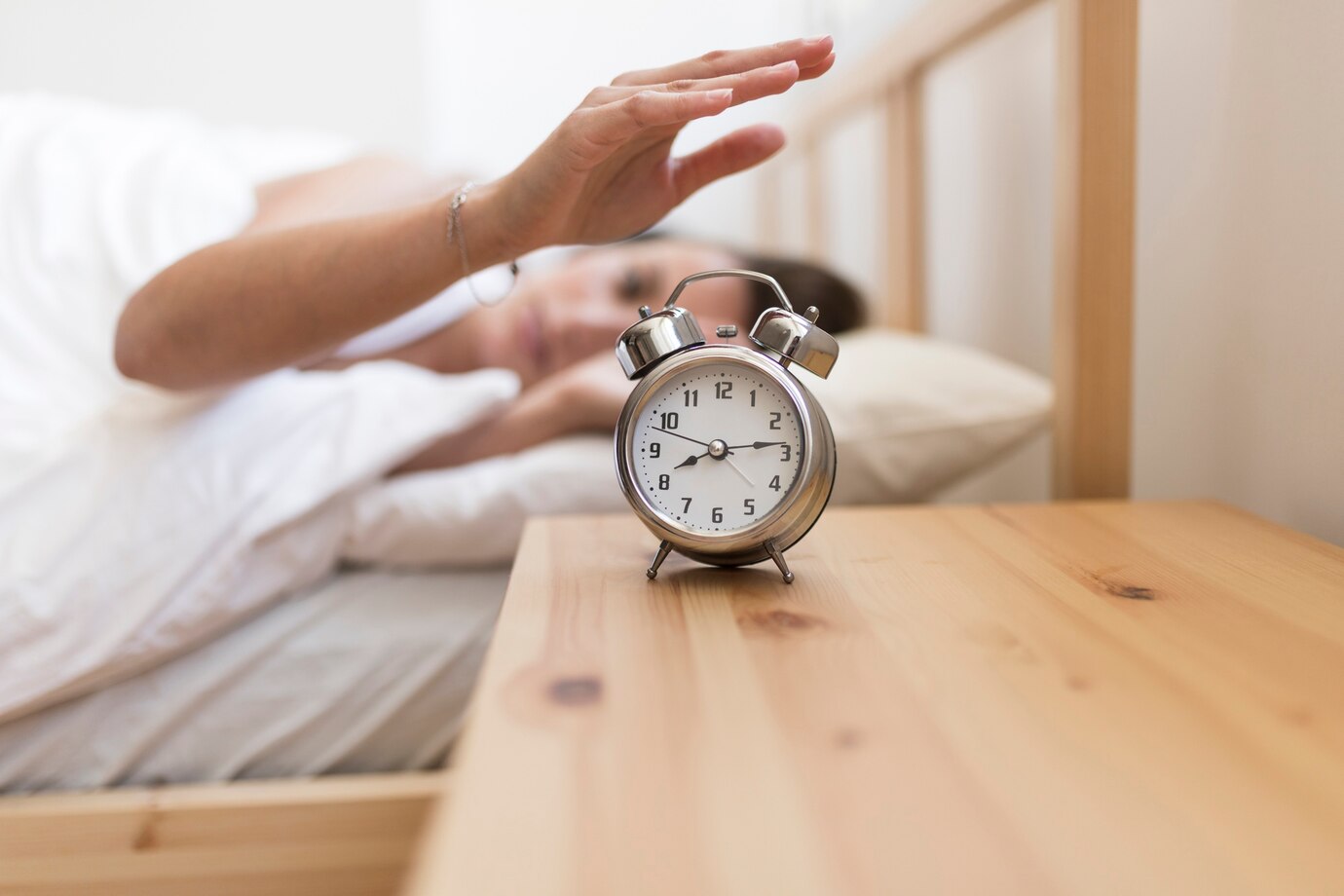Why Sleep Matters for 9 to 5 Workers
Thank you for reading this post, don't forget to subscribe!If you work a traditional 9 to 5 job, finding the best sleep schedule is crucial for productivity, health, and overall well-being. Yet, many working professionals struggle to get consistent, high-quality sleep due to work stress, long commutes, and irregular evening routines. Adopting the best sleep schedule for people with a 9 to 5 job can help you feel more energized, focused, and emotionally balanced—both in and out of the office.
What Is the Ideal Sleep Schedule for a 9 to 5 Job?
To function optimally during standard business hours, most adults need 7 to 9 hours of sleep per night. For someone with a 9 AM start time, it’s important to wake up early enough to prepare for the day without feeling rushed. Let’s break it down:
Benefits of Following a Consistent Sleep Schedule
Adhering to the best sleep schedule for people with a 9 to 5 job offers several benefits:
- Increased energy and focus
- Improved memory and decision-making
- Better emotional regulation
- Stronger immune function
- Lower risk of burnout and chronic fatigue
When You sleep and wake at the same time every day, even on weekends, you train your body to enter sleep more easily and wake up more refreshed
Common Sleep Challenges for 9 to 5 Workers
Many people working traditional hours struggle with:
- Screen exposure at night
- Evening caffeine or alcohol consumption
- Stress from work deadlines
- Late-night social activities or TV binges
These habits interfere with melatonin production and can shift your internal clock, making it harder to fall asleep at the right time.
That’s why creating a proper sleep hygiene routine for 9 to 5 workers is essential.
Tips to Improve Sleep Quality for Working Professionals
Here are some sleep tips for working professionals to help reinforce your ideal sleep routine:
1. Stick to a Set Bedtime and Wake Time
Your body thrives on consistency. Even on weekends, try to wake and sleep within 30 minutes of your weekday schedule to maintain your rhythm.
2. Create a Wind-Down Routine
A calming routine before bed signals your brain that it’s time to rest. This may include:
- Taking a warm shower
- Reading a book
- Doing light stretches
- Practicing deep breathing or meditation
Avoid stimulating activities like scrolling on your phone or watching intense TV shows.
3. Limit Caffeine and Alcohol Intake
Caffeine can stay in your system for up to 8 hours. Try to avoid coffee after 2 PM. Alcohol may make you drowsy at first but can disrupt REM sleep later in the night.
4. Block Out Light and Noise
Use blackout curtains and white noise machines or earplugs if needed. A dark, quiet environment promotes melatonin release and deeper rest.
5. Eat Light at Night
Heavy meals can cause discomfort and indigestion, making it harder to fall asleep. Opt for light, balanced dinners at least 2–3 hours before bed.
The Importance of Sleep Hygiene for 9 to 5 Workers
Your sleeping environment and nightly habits play a huge role in sleep quality. Practicing good sleep hygiene includes:
- Keeping your bedroom cool (60–67°F is ideal)
- Using your bed only for sleep and intimacy
- Turning off electronics 30–60 minutes before bed
- Making your bedroom a calm, tech-free zone
Over time, these actions help condition your brain to associate your bed with sleep, not stress or distraction.
How to Adjust if You’re a Night Owl
If you’re naturally more alert at night, transitioning to a morning-friendly schedule can be tough. Here’s how to gradually shift:
- Move your bedtime earlier by 15 minutes every few days
- Wake up with natural light or use a sunrise alarm clock
- Avoid naps late in the day
- Stay consistent with your new routine—even on weekends
Also read: Tips To Reduce Stress And Sleep Better
Make Sleep a Priority
Creating the best sleep schedule for people with a 9 to 5 job is all about consistency, intentional habits, and honoring your body’s need for rest. By sticking to a regular bedtime, building a wind-down routine, and practicing good sleep hygiene, you’ll feel more focused, balanced, and productive at work and at home.
Start with small changes, be patient with yourself, and remember—a well-rested you is a better-performing you. This progressive method helps reset your biological clock without shocking your system.
.



